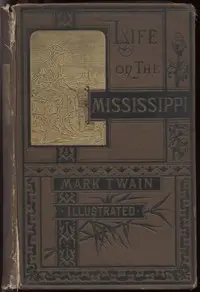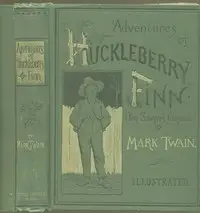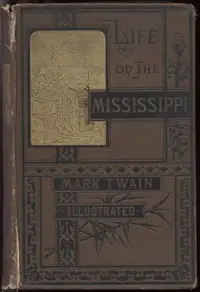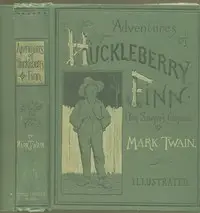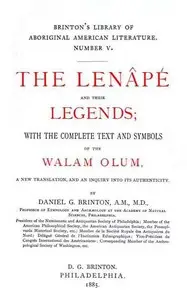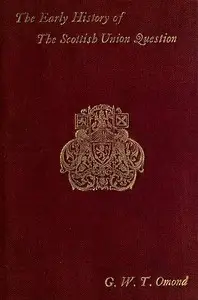"Innocents Abroad — Volume 03" by Mark Twain is a travelogue written in the mid-19th century that chronicles Twain's experiences and observations as he journeyed through Europe, particularly Italy. The book reflects Twain's sharp wit and keen commentary on the cultural and social differences he encounters, presenting a humorous yet critical view of European customs and heritage as seen through the eyes of an American. The opening of the narrative finds Twain and his companions traveling by steamship through the picturesque regions of Italy, offering vivid descriptions of the landscapes and the peculiarities of the local people. As they journey to Bergamo, Twain humorously recounts an encounter with an eccentric driver and his odd habits, providing a light-hearted glimpse into the quirks of Italian life. He continues to elaborate on the customs and sights throughout Italy, weaving in observations about the stagnation, superstition, and degraded happiness of the locals, all while maintaining his signature satirical tone. Twain's reflections on historical castles and statues serve as both a humorous and insightful critique of the romantic idealism often associated with European heritage. (This is an automatically generated summary.)
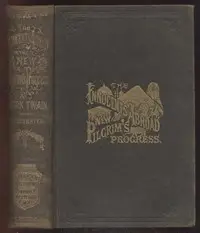
The Innocents Abroad — Volume 03
By Mark Twain
"Innocents Abroad — Volume 03" by Mark Twain is a travelogue written in the mid-19th century that chronicles Twain's experiences and observations as h...
Samuel Langhorne Clemens, known by the pen name Mark Twain, was an American writer, humorist, and essayist. He was praised as the "greatest humorist the United States has produced," with William Faulkner calling him "the father of American literature." Twain's novels include The Adventures of Tom Sawyer (1876) and its sequel, Adventures of Huckleberry Finn (1884), with the latter often called the "Great American Novel." He also wrote A Connecticut Yankee in King Arthur's Court (1889) and Pudd'nhead Wilson (1894) and cowrote The Gilded Age: A Tale of Today (1873) with Charles Dudley Warner.


